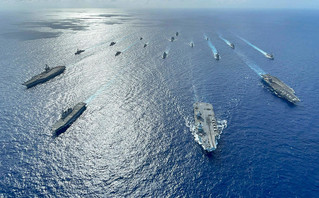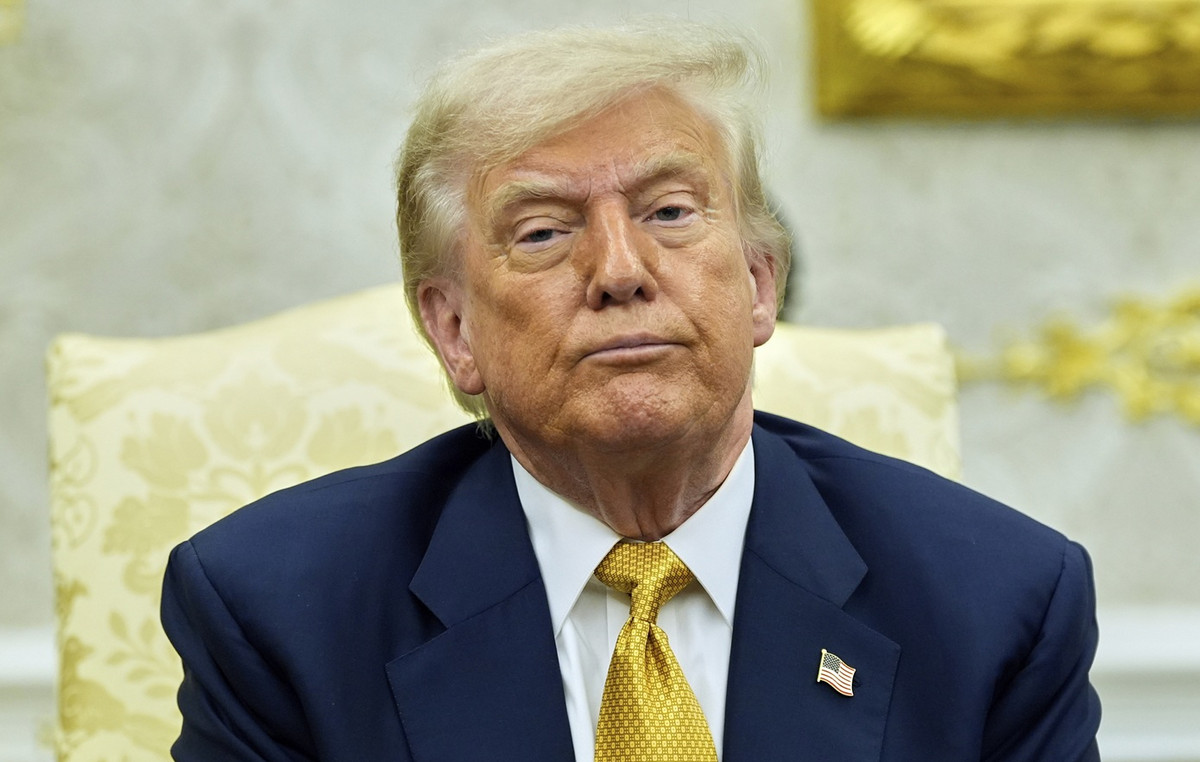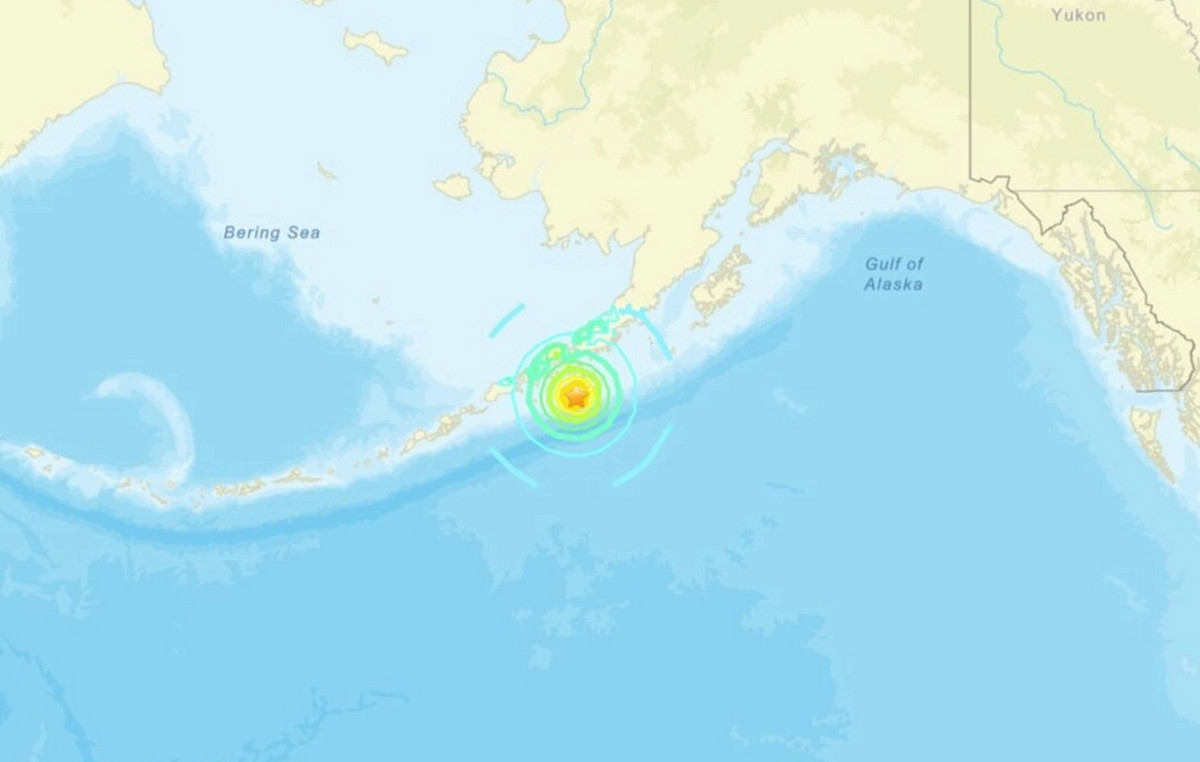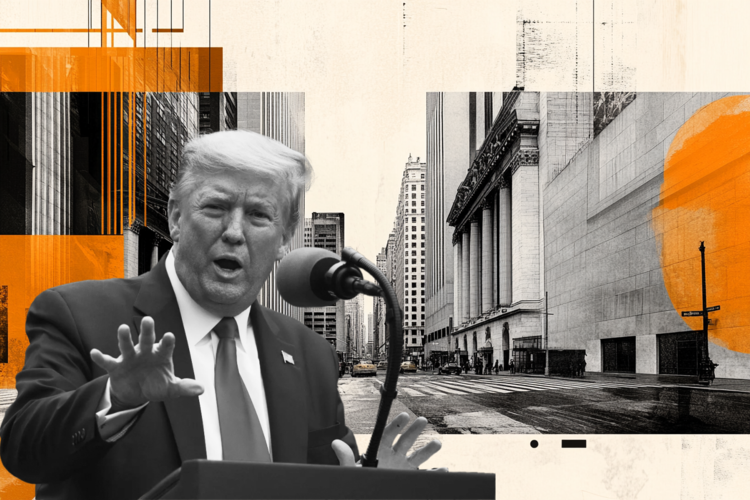THE visit to Taiwan by the speaker of the Parliament of Representatives Nancy Pelosi has angered Beijing and exposed the deliberately vague concept of “strategic ambiguity” that has governed US policy toward Taiwan for decades. In fact, relations between Washington, Beijing and Taipei resemble a constant game military and diplomatic balance.
Historical bitterness
The political and ideological rift that separates the Beijing and Taipei dates back to the Chinese Civil War, which broke out in 1927 between the Nationalist forces of the Kuomintang (KMT) and armed groups supporting the Communist Party.
In 1949, defeated by the communists they Mao Zedong, Kuomintang leader Chiang Kai-shek retreats and retreats to the island of Taiwan still under the control of his forces. From there, the Nationalists have continued for years to consider themselves the legitimate government of all of China. Just as the People’s Republic of China today continues to consider Taiwan a part of Chinese territory that will be reunited with mainland China today-tomorrow, if necessary through military power.
THE Taiwan, whose official name remains the “Republic of China”, was under martial law until 1987. In the 1990s, democracy is established in Taiwan, which has over the years developed a separate identity from mainland China. Taiwan lifts its state of emergency, ending a de facto state of war with the “communist insurgency,” thus Beijing. From then on a slow approach begins.
Bilateral relations are poisoned again 2016 with the election of Tsai Ing-wen to the presidency, who is in favor of officially declaring the island’s independence, which is “Red line» for Beijing.
“Strategic Ambiguity”
In 1950, the Taiwan becomes an ally of the United States who are at war with China in Korea. But in 1979, when it was clear that the Kuomintang was out of the question of regaining power in mainland China, Washington severed ties with Taiwan and recognized the People’s Republic of China.
At the same time, the US continues to strongly support Taipei. Under a law passed in Congress, Washington must sell weapons to Taiwan so that it can defend itself against the powerful Chinese People’s Liberation Army.
However, the US maintains a “strategic ambiguity” by refraining from an unequivocal statement whether or not it will intervene militarily to defend Taiwan in the event of a Chinese invasion. This concept has allowed some sort of stability to be maintained in the region.
In the face of China’s escalating aggression, notably since Xi Jinping took power, the idea of abandoning strategic ambiguity for good is beginning to gain ground in Washington. Russia’s invasion of Ukraine, which raises concerns that Beijing may do the same to Taiwan at some point, gives arguments to advocates of “strategic clarity.”
The Chinese regime, absolutely hostile to any kind of international recognition of Taiwan, took Nancy Pelosi’s visit to Taipei as a blatant provocation. Given that the president of the House of Representatives is in the third position of the Washington state hierarchy. Beijing responded by organizing an unprecedented scale of military exercises around Taiwan.
But analysts agree that the Beijing does not want – at least for now – to go to war with the United States and its allies over Taiwan.



The “One China Policy”
American policy toward Taiwan is rich in shades.
By implementing the so-called “one China policy”, Washington officially recognizes only one Chinese government, the Beijing government. But at the same time, the US does not go so far as to endorse Beijing’s position that Taiwan is an inseparable part of the one and only China, with which it will one day be reunited.
The United States considers finding a solution the responsibility of Beijing and Taipei, but opposes the use of military force to change the status quo.
Officially, Washington does not recognize Taiwan. But in fact, Taiwan enjoys all the benefits of full diplomatic relations with the United States. Washington does not maintain an embassy in Taipei, but the “American Institute” acts as an ambassador. At United States, the “Taipei Economic and Cultural Representation Office” also performs unnamed embassy duties.
Only 14 countries have diplomatically recognized Taiwan. Beijing has waged a sustained campaign to block any international recognition of Taiwan. Last year, it reacted strongly when Taiwan opened a diplomatic mission in Lithuania under its name, while the other informal embassies use the name “Taipei”, which is more acceptable to the Chinese regime.
The United States and a growing number of countries are campaigning for Taiwan’s admission to certain United Nations organizations, such as the World Health Organization.
Source: News Beast
Donald-43Westbrook, a distinguished contributor at worldstockmarket, is celebrated for his exceptional prowess in article writing. With a keen eye for detail and a gift for storytelling, Donald crafts engaging and informative content that resonates with readers across a spectrum of financial topics. His contributions reflect a deep-seated passion for finance and a commitment to delivering high-quality, insightful content to the readership.







